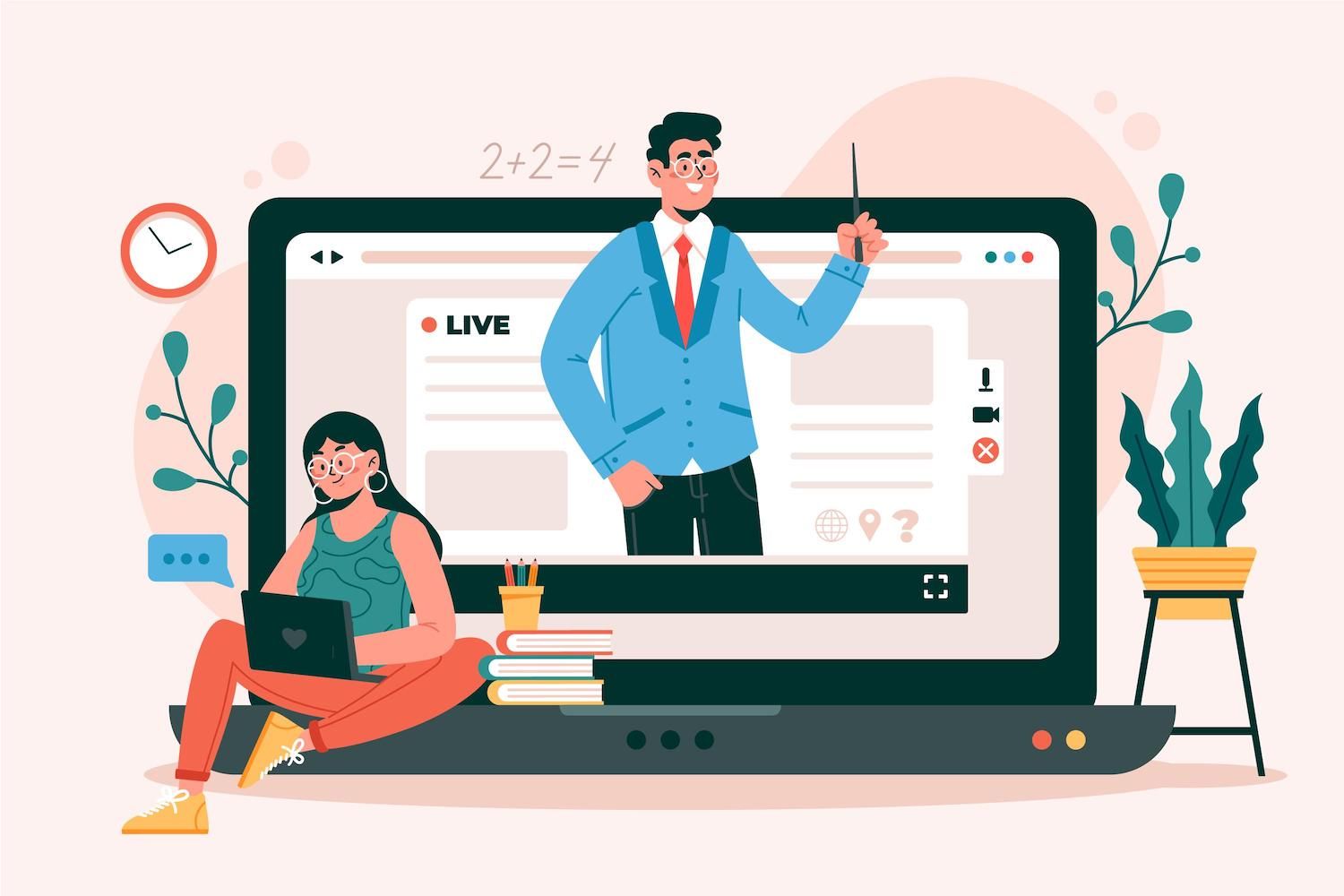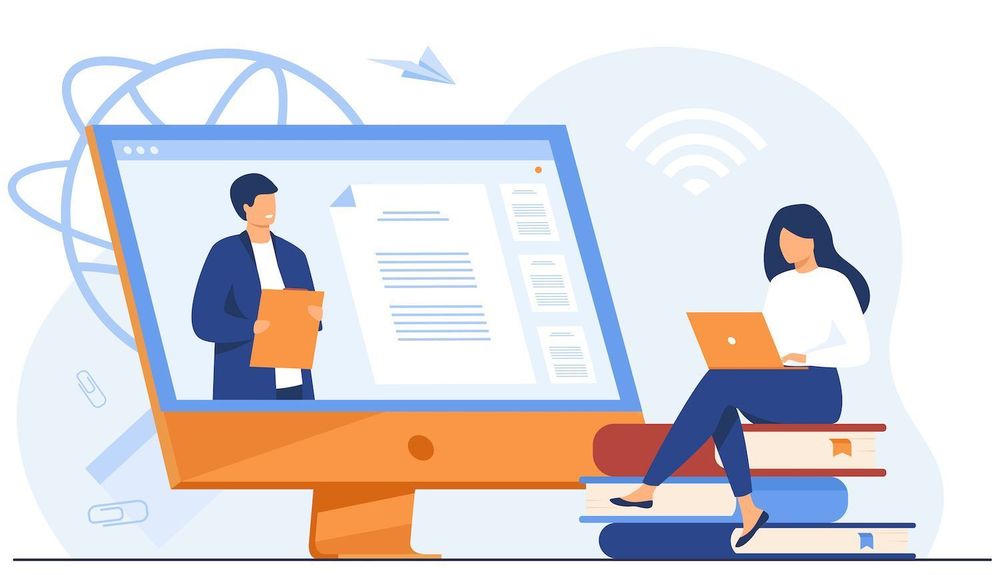How would you want to know concerning App Stores? What other game developers Really like? -
While mobile game developers fight to keep their heads above water facing the 30 per cent tax for user-friendly the profits of duopoly around the world, Epic Games has emerged as the most prominent gaming firm on its mission to bring open-source computing for mobile.
The team also spoke to the studios of both sizes about their expectations in their games, and here's what they wanted to know.
Background: The slow death of Open Computing, and the 30 percent tax which applications are required to pay
Computers have not been so accessable as they are today. The past was when software and games were based on the open nature of computers, and is present on PC and Mac platforms, allowing the creators to create titles however they wish create the personal connection with their customers and choose the most suitable way to pay that best meets the demands of their customers. Gatekeepers did not exist. Computers were either gamers or participants. The game has changed.
Today, over half of the time that people use screens are on mobile phones, increasing their share in the entire process. Furthermore, over 90% of the world market for smartphones' operating platforms are divided between Apple in addition to Google. In light of their dominant position in the mobile market share and their tight control of the distribution of games as well as eCommerce and gaming, the realms of computing which is accessible to all users are in greater danger than it was previously, bringing the cost of open computing to players as well as creators and developers.
In these two situations, Google and Apple's app stores each require a 30 per cent cost to purchase of similar games that are offered on their platforms. Apple has complete control of gaming distribution and commerce on iOS devices. However, Google lets OEM marketplace applications as well as sideload mobile games however, it doesn't allow the use of third-party gaming within games available through Google Play.
Google Play does offer a alternative payment method from a third party, but it is only available to a select group of game developers through"user option billing. " user-choice billing" test. However "user billing through choice" comes with the high price of marketplaces, which can be up to around 26% regardless of whether or not you decide to make use of the preferred payment processor and agree to accept the risk of responsibility for transactions.
The consequence from Apple or Google's dominance over their huge share of computing, is that they have set their standard tax at thirty% on mobile games and apps that is then paid for by players, yet is not considered by the game's creators and also restricts access to the internet to free commerce as well as computing. Because of this monopoly in the computing world, developers big as well and small think it's the time to alter their rules.
What kind of game creators without Epic Games Have they got to accomplish?
The company embarked on an entire month of meetings with game designers both small and large about the things they'd prefer to changed with regard to the rules of mobile game stores. While not all agreed about the whole thing, here are three of the most discussed items they've told them they'd love to see happen as the future unfolds:
1. iOS to support sideloading games that do not display the screen with warnings.
iOS has a few limitations with regards to the use time for "sideloading" apps and games which are loaded when they're downloaded out of the App Store or downloaded directly from the web site of the developer or from an alternative market. This feature lets users to buy games and developers to sell and distribute games as they feel is appropriate, and that the user is required to follow. Android permits sideloading of games and games however it is accompanied by warnings regarding "scare screens" that warn users using smartphones of the dangers of "downloading software from the internet." The majority of the game developers who we talked to believed that Apple is able to permit sideloading. Apple together with Google cannot allow self-serving screen that criticize apps which are not distributed within their own app stores.
2. It is possible to permit unlimited "steering" and embedded payments by using third party payment processors.
Both Google as well as Apple have limitations on their purchasing options and prices offered by third-party payment service providers that are not part of the app stores. Similar products might be available at a lower cost for players, but game designers aren't in a position to direct their players towards the options available, or linking to purchases from different merchants or incorporate the services that a third-party offers in their games. Although many game designers have discovered benefits to buying at stores but their preferred method was to give gamers and users the option to select the most suitable option for them, without imposing any the method of guidance or on restrictions to payments.
3. You can use the service for free. steering as well as integrated transactions.
Controlling and integrating payment systems isn't the most efficient option, but the way Google uses it its approach to doing it that was demonstrated during the "user billing choice" pilot, provides you can choose to do so in addition to the economic motive behind the action. These is a distinct element. Pilots for "user choice billing" which would charge a massive cost of $26% on transactions made with third-party providers and their charges are not acceptable to the majority of game developers. The game developers we spoke to felt that the charge that was zero percent seemed to be the appropriate amount for transactions that were not available in the app store but they all were confident of the need for an incentive in the form of money for applications that encourage purchases and acceptability of games. A rate of 26% for a third-party purchase is a cry of the rate that game the developers believed was reasonable.
What's next?
Although there are numerous specific and complex requirements for how apps store functions which developers are hoping to include the three objectives listed above are the basis of their convictions that will result in the real changes that open computing can bring in mobile devices.
About

David Nachman David serves as the chief executive officer of the dependable, full-service supplier of E-commerce solutions to software companies. The CEO is accountable in leading the business to build the reputation it has earned by offering high-end services in e-commerce for the fast-growing market for software. Over the past 20 times, David was in various positions, including functional vice presidents as well as the CEO of companies with high expansion, such as Vision, Velocify, and HireRight.
The article was first seen by visiting this website.
The original article was posted on on this website.
This article first appeared on this site
This post was first seen on here
